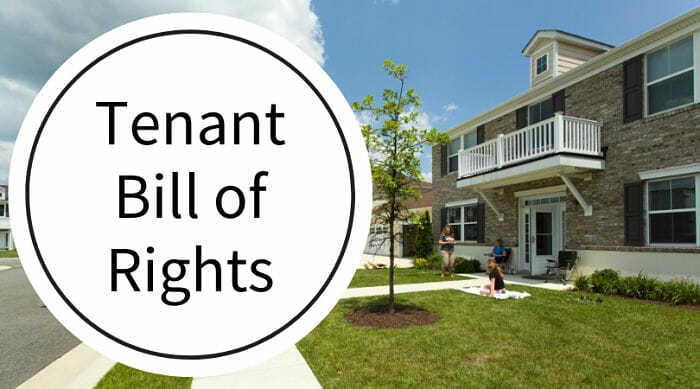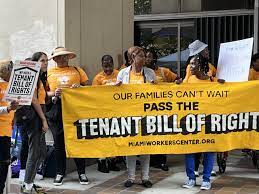This Florida law effective July 1, 2023 Criminalizes purchase of certain Florida real estate by certain foreign nationals and for knowing violations by sellers and title agents.
Requires addendum to purchase and sale contract and buyer affidavit of compliance.
Click below to download the documents in Word.
ADDENDUM
BUYER AFFIDAVIT PERSONAL
BUYER AFFIDAVIT ENTITY
Presentation by Florida Realtors on this law June 29, 2023. CLICK HERE for the powerpoint
692.201: Definitions
(2) Critical infrastructure: Chemical manufacturing, refinery, power plant, LNG terminal, telecommunications central switching office, gas processing plant, seaport, Spaceport, airport.
(3) Foreign country of concern: China, Russia, Iran, North Korea, Cuba, Venezuela under Maduro, Syria.
(4) Foreign principal:
a government official of a country of concern,
member of a political party,
Business organized under or having its principal place of business in a county of concern, or a subsidy of such business, or persons with a controlling interest
A person domiciled in a country of concern who is not a US citizen or permanent resident
(5) Military Installation : at least 10 contiguous acres that is under the jurisdiction of the Department of Defense or its affiliates.
(6) Real Property: land, buildings, fixtures, improvements.
692.202. Purchase of agricultural land by foreign principals prohibited.
(1) a foreign principal may not own agricultural land in Florida.
(2) Ownership prior to 7/1/23 may continue.
(3) Must register with Dept Agriculture by 1/1/24 or face $1000/day fine, lienable, foreclosable.
(4) May acquire agricultural land by devise or foreclosure after 7/1/23 but must divest within 3 years.
(5) At time of purchase, buyer must provide an affidavit that it is not a foreign principal and of compliance.
(a) failure to obtain/maintain affidavit does not
1) affect title or insurability of title
2) subject closing agent to liability, unless has actual knowledge of a violation of this law.
(6) Foreclosure: agricultural land in violation of this law can be foreclosed / forfeited to the State of Florida.
(e) Proceeds paid to any lienholders, then applied to fines under this law, the to court costs, and lastly to the owner.
(f) Dept of Agriculture may see an ex parte order of seizure on a showing of a “clear and present danger” to the state.
(7) Violation by Seller is a misdemeanor of second degree
(8) Buyer who knowingly violates is a misdemeanor of second degree
692.203 Purchase of real property near military installation by foreign principals prohibited
(1) Prohibited within 10 miles of military installation or critical infrastructure.
(2) May continue to own pre-existing property.
(3) Must register with Dept Economic Opportunity. Penalty $1000/day failure to register by 1/31/24.
(4) A foreign principal who is a natural person may nevertheless purchase one residential property up to 2 acres:
(a) not less than 5 miles from a military installation
(b) has a US Visa (not tourist) or granted asylum
(5) may acquire property by devise or foreclosure after 7/1/23 if divests within 3 years.
(6) Must sign an affidavit time of purchase not a prohibited foreign person, not violating this law.
(6)(b) failure to obtain/maintain affidavit does not
1) affect title or insurability of title
2) subject closing agent to liability, unless has actual knowledge of a violation of this law.
(7) Foreclosure: agricultural land in violation of this law can be foreclosed.
(e) Proceeds paid to any lienholders, then applied to fines under this law, the to court costs, and lastly to the owner.
(f) Dept of Agriculture may see an ex parte order of seizure on a showing of a “clear and present danger” to the state.
(8) Violation is a misdemeanor of second degree to buyer, and seller on “knowing” violation.
692.204 Purchase of real property by China prohibited.
(1) The Chinese government, communist party, members of the communist party or their subsidies, business organized under the laws of China, with a principal place of business in China, or subsidy thereof, of having a controlling interest therein, any person domiciled in China who is not a US citizen or lawful permanent resident.
(2) Exception: a natural person may nevertheless purchase one residential property up to 2 acres:
(a) not less than 5 miles from a military installation
(b) has a US Visa ( not tourist) or granted asylum
(3) Pre-existing property may continue to be owned
(4) Must register with Department of Economic Opportunity. $1000/ fine after 1/31/24.
(5) Exception: may acquire property after 7/1/23 by devise or foreclosure but must divest within 3 years.
(6) Affidavit: at time of purchase, buyer must provide an affidavit of compliance. Failure to obtain / maintain affidavit doe not (1) affect title / insurability of title (2) subject title agent to liability UNLESS has actual knowledge of violation
(7) Foreclosure: agricultural land in violation of this law can be foreclosed.
(e) Proceeds paid to any lienholders, then applied to fines under this law, the to court costs, and lastly to the owner.
(f) Dept of Agriculture may see an ex parte order of seizure on a showing of a “clear and present danger” to the state.
(8) Violation is a 3rd degree felony
(9) A Seller knowingly violating this section commits a 1st degree misdemeanor.
692.205 Inapplicability to Diplomatic Purposes. This part does not apply to a foreign principal that acquires real property for diplomatic purposes allowed by the Federal Government.




You must be logged in to post a comment.